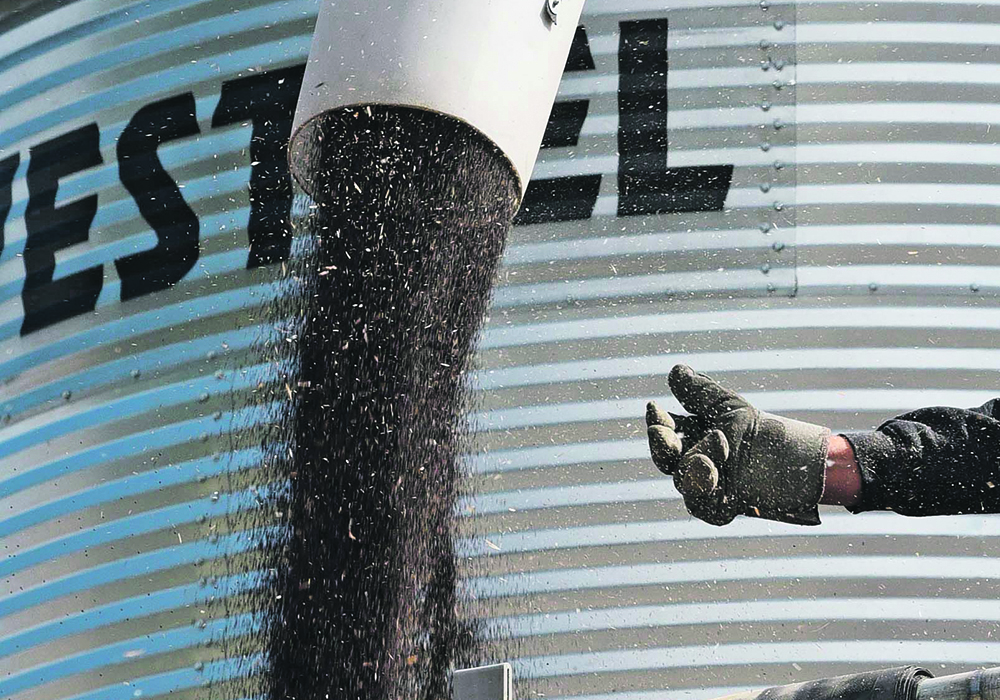The Canola Council is no newcomer to counselling growers with high volumes of old-crop canola that may remain on farms in bins through the hot days of summer.
Courtney Boyachek, an agronomist at Minnedosa, Man., is the council’s storage specialist.
“Number One in our best management practices revolves around awareness of the surrounding factors, mainly the temperatures fluctuations. That’s not hard to miss, because we’re outside working every day. So check those bins,” she said.
“Number two is turning the grain. We recommend taking out one-third of what’s in the bin, and just move things around. If bin temperatures are good and ambient temperatures are good, you may find you can just leave it alone.
Read Also

Pakistan reopens its doors to Canadian canola
Pakistan reopens its doors to Canadian canola after a three-year hiatus.
“Another factor to consider is that winter temperatures may have brought down temperatures at the centre core significantly. The core is where you see the most issues. It might still be very cold or you might be getting hot pockets, depending on conditions. Really, the only way to do a good job of managing the bin is to have a cable sensor down the centre of the bin.”
She said there is a checklist of items a grower must consider: Grain temperature going into the bin, winter conditions, whether the crop was turned during winter. The bins should be checked at least once a month.
“Too often, we think only in terms of managing binned canola in the fall and the winter. But it’s a year-round job.
“The thing about storage is that growers so often don’t think about it until they have a problem.”
















